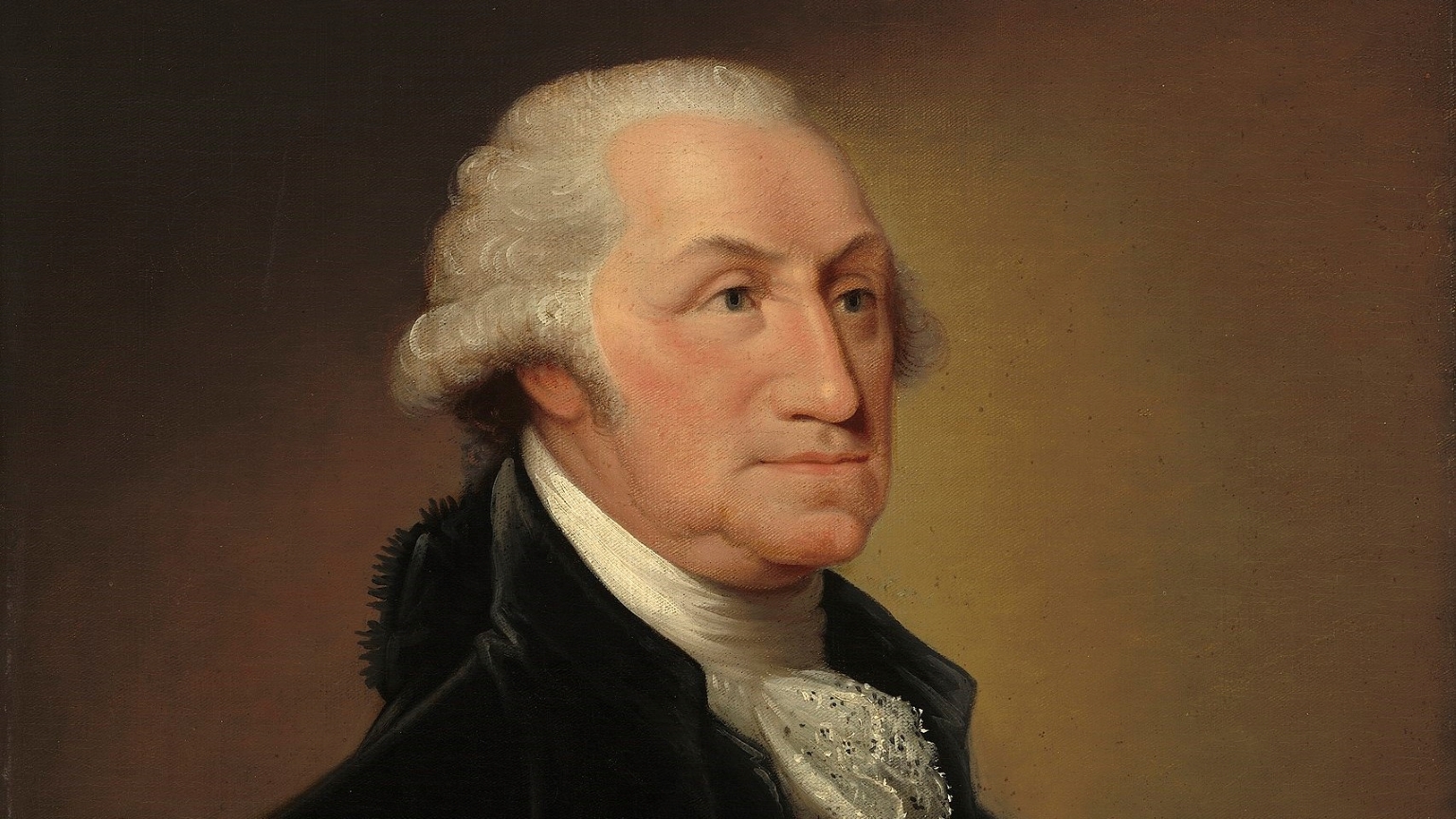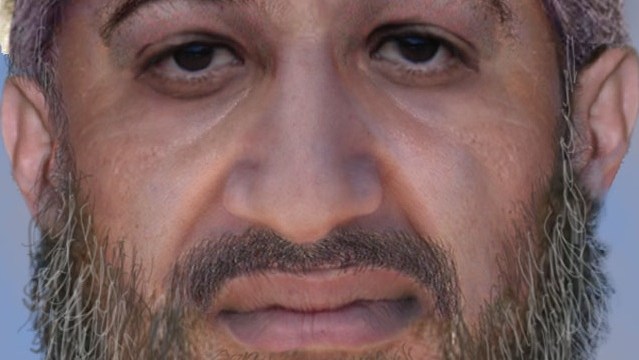Lesson 4: President Obama’s Historic Announcement: Bin Laden Is Dead
It will be one of the most closely—and widely—read speeches of any U.S. President in the twenty-first century, and perhaps even one of the most closely read of any U.S. President in history. And while it is not the President’s words that matter most, it is these words that will stand as official record of this time. At Gettysburg, Lincoln said it best: “The world will little note, nor long remember, what we say, but it can never forget what they did.”
It was reported that the President wrote this speech himself. It was brief. It was heartbreaking. And it was specific in its address to the families who still mourn. Here is the key passage:
“It was nearly 10 years ago that a bright September day was darkened by the worst attack on the American people in our history. The images of 9/11 are seared into our national memory — hijacked planes cutting through a cloudless September sky; the Twin Towers collapsing to the ground; black smoke billowing up from the Pentagon; the wreckage of Flight 93 in Shanksville, Pennsylvania, where the actions of heroic citizens saved even more heartbreak and destruction.
“And yet we know that the worst images are those that were unseen to the world. The empty seat at the dinner table. Children who were forced to grow up without their mother or their father. Parents who would never know the feeling of their child’s embrace. Nearly 3,000 citizens taken from us, leaving a gaping hole in our hearts.”
“And yet we know that the worst images are those that were unseen to the world:” after this, no one can accuse the President easily of being (too) cold, too rational, or too cerebral. These lines cut right to the center of the country’s unique psychological wound; they will be remembered alongside Lincoln’s, alongside our other best writers and best elegists—RFK, in particular. The choice to frame celebration of the news in the language of healing first, before revenge or triumph rhetoric, was unequivocally Obama. As David Remnick wrote, “[The President’s] late-night statement—sober, direct, even, at times, thick-tongued with nervousness—rightly avoided any note of triumphalism, any hint of the ‘U.S.A! U.S.A.!’ ‘Yes We Can!’ cheering coming from the crowd outside the White House gates in Lafayette Park.”
“The gaping hole in our hearts” will never be closed by news, of course. But images of celebration–and language to secure its place in history–help the healing. The last lines set the statement squarely in its place among the lines best known to all Americans: “Let us remember,” said the President, “that we can do these things not just because of wealth or power, but because of who we are: one nation, under God, indivisible, with liberty and justice for all.”
Every American boy and girl will recognize that.




